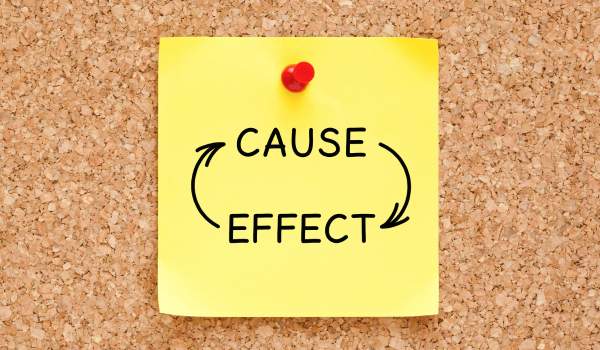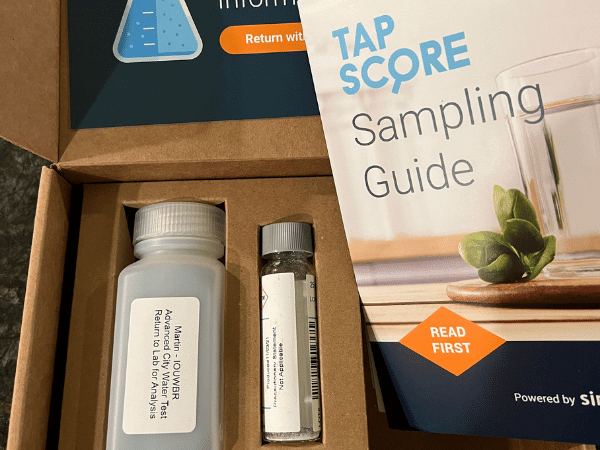Tired of battling soap scum, itchy skin, or cloudy dishes that never seem clean?
Hard water could be the real reason behind the frustration.
Here’s the short version:
- 👉 Hard water is packed with minerals like calcium and magnesium. While it’s safe to drink, it’s rough on pipes, appliances, and even your skin.
- 👉 Soft water removes those minerals, helping your home run smoother, your skin feel better, and your utility bills stay lower.
Let’s break this down in plain terms — so you know exactly what you’re dealing with. 👇
🧠 Key Takeaways
- ✅ Minerals Matter: Hard water contains calcium and magnesium — that affect taste and can damage plumbing over time.
- ✅ Softening Helps: Conditioned water improves appliance lifespan, skin feel, and soap efficiency.
- ✅ Test Before You Treat: Always check your water’s mineral content before buying a softener.
- ✅ Know Your Tools: Use test strips or a TDS meter to measure hardness levels accurately.
- ✅ Plenty of Options: Systems range from salt-based to salt-free, hybrid, and even magnetic models.
- ✅ Awareness Wins: Whether you soften or not — understanding your water quality leads to smarter choices.
💧 Hard vs Soft Water: Why It Matters

Before you can decide if a softener is worth it, it helps to understand what’s happening behind the scenes. Hard and soft water aren’t just about taste — they impact your: appliances, skin, and energy bills. Let’s break it down clearly. 👇
| 🌊 Feature | 🪨 Hard Water | 🫧 Soft Water |
|---|---|---|
| Mineral Content | High in calcium and magnesium | Low mineral concentration after treatment |
| Impact on Appliances | Causes limescale buildup and lowers efficiency | Prevents scale, extends appliance lifespan |
| Effects on Skin & Hair | Can cause dryness, irritation, and soap scum | Feels smoother, reduces skin irritation |
| Water Taste | Often more “mineral-rich” or metallic taste | Cleaner, sometimes slightly salty (with softeners) |
| Cleaning Efficiency | Less soap lather; spotting on dishes and laundry | Better lathering and easier cleaning |
💬 Helpful Tip: You can have your water tested easily to know your hardness level — even small improvements can make a big difference for your home’s efficiency and your skin health!
🔬 The Science Behind Hard vs. Soft Water

Water’s journey underground — and what it touches along the way — determines whether it becomes “hard” or “soft.” Here’s a quick dive into the natural science behind it all. 🌎
| 🔬 Water Type | 🌱 How It Forms | ⚙️ What Happens |
|---|---|---|
| Hard Water | Rainwater or snowmelt seeps through mineral-rich rock like limestone or gypsum. | Picks up dissolved minerals (mostly calcium and magnesium), increasing hardness. |
| Soft Water | Rainwater that runs off rocks low in minerals, or groundwater treated through softening systems. | Contains little to no dissolved hardness minerals, making it gentler on plumbing and skin. |
💬 Good to Know: Ion exchange is the most common method for softening water — swapping calcium and magnesium for harmless sodium ions. It’s a smart science trick –that keeps your pipes and appliances scale-free.
🩺 How Hard and Soft Water Impact Your Health

While neither hard nor soft water is dangerous to drink, they definitely affect your daily life in ways you can feel — and sometimes even see. Here’s a quick overview:
| 🚰 Water Type | 👤 Impact on You | 🏠 Impact on Your Home |
|---|---|---|
| Hard Water | May dry out skin and hair, clog pores, and make soap harder to rinse off. | Causes limescale buildup in pipes, appliances, and on fixtures — shortening lifespan and raising energy costs. |
| Soft Water | Feels gentler on skin and hair, improves soap and shampoo performance. | Protects plumbing and appliances by preventing scale — helping them last longer and work more efficiently. |
💬 Smart Tip: If your skin always feels tight after a shower or your clothes come out of the wash feeling stiff, your water might be harder than you realize. Testing is the first step toward finding the right solution!
🧪 How to Test Your Water Hardness (and Why It Matters)

Before you invest in a softener or conditioner, it’s smart to find out just how hard your water really is. Water hardness is measured in milligrams per liter (mg/L) or grains per gallon (gpg), and different levels call for different solutions. A simple test can save you from over-spending — or under-solving.
| 🔬 Method | 🔍 What It Does | 💡 Good To Know |
|---|---|---|
| Test Strips | Color-coded strips that estimate water hardness instantly. | Cheap and easy but not as precise — good for a quick check. |
| TDS Meter | Measures Total Dissolved Solids in parts per million (ppm). | Helpful for tracking general mineral content. See how TDS meters work. |
| Lab Testing | Comprehensive analysis of mineral and contaminant levels. | Most accurate option — recommended for private well owners. Try our preferred water test kits. |
| City Water Reports | Municipal utilities publish annual water quality reports. | Use this as a starting point — but results may not reflect in-home plumbing issues. |
💬 Pro Tip: The USGS considers anything over 120 mg/L (or 7 gpg) as hard water. If your results fall in that range or higher, a salt-based softener may be your best bet for long-term protection.
🚿 Solutions for Hard Water That Actually Work

Whether you’re battling limescale buildup or tired of dry skin, there’s a solution that fits your water hardness level, budget, and household needs.
Here’s a breakdown of the most common softening systems — and how they compare:
| 🛠️ Softener Type | 💡 How It Works | 👍 Best For |
|---|---|---|
| Salt-Based Softeners | Use ion exchange to remove calcium and magnesium, replacing them with sodium or potassium. | Very hard water and full-home protection. ✅ See top-rated system |
| Salt-Free Conditioners | Crystallize minerals to prevent scale without removing them from water. | Moderately hard water or eco-conscious homes. ✅ Explore FutureSoft review |
| Hybrid Systems | Combine softening with carbon filtration to reduce contaminants and hardness. | Homes with both chemical and hardness issues. ✅ See Whirlpool hybrid review |
| Magnetic/Electronic Descalers | Use electromagnetic fields to alter mineral behavior and prevent buildup. | Mild hardness or renters needing a non-plumbing solution. |
| Showerhead Softeners | Reduce chlorine and scale at the shower only. | Skin and hair care when full systems aren’t feasible. ✅ Review popular model |
💬 Helpful Tip: If your main concern is drinking water quality, consider combining a softener with a reverse osmosis system at your kitchen sink. That way, you get scale protection and cleaner-tasting water.
💭 Final Thoughts: Finding the Right Balance for Your Home
Hard water and soft water each come with their own quirks — but when it comes to protecting your home, appliances, and even your skin, soft water has the edge.
- ✅ If you’re battling mineral buildup, dry skin, or high energy bills, investing in a softening solution could make daily life a whole lot easier.
- ✅ If your water is only mildly hard and you don’t mind a few extra spots on your dishes, you might not need to rush into a full system.
🔍 Either way, testing your water hardness is a smart first step. Once you know exactly what you’re dealing with, it’s much easier to choose the best solution for your home and budget.
Clean water isn’t just about what you drink — it’s about how you live. And with a few smart upgrades, you can enjoy water that works with you, not against you. 💧
 138 people found this helpful. Was this guide helpful to you?
138 people found this helpful. Was this guide helpful to you? 

